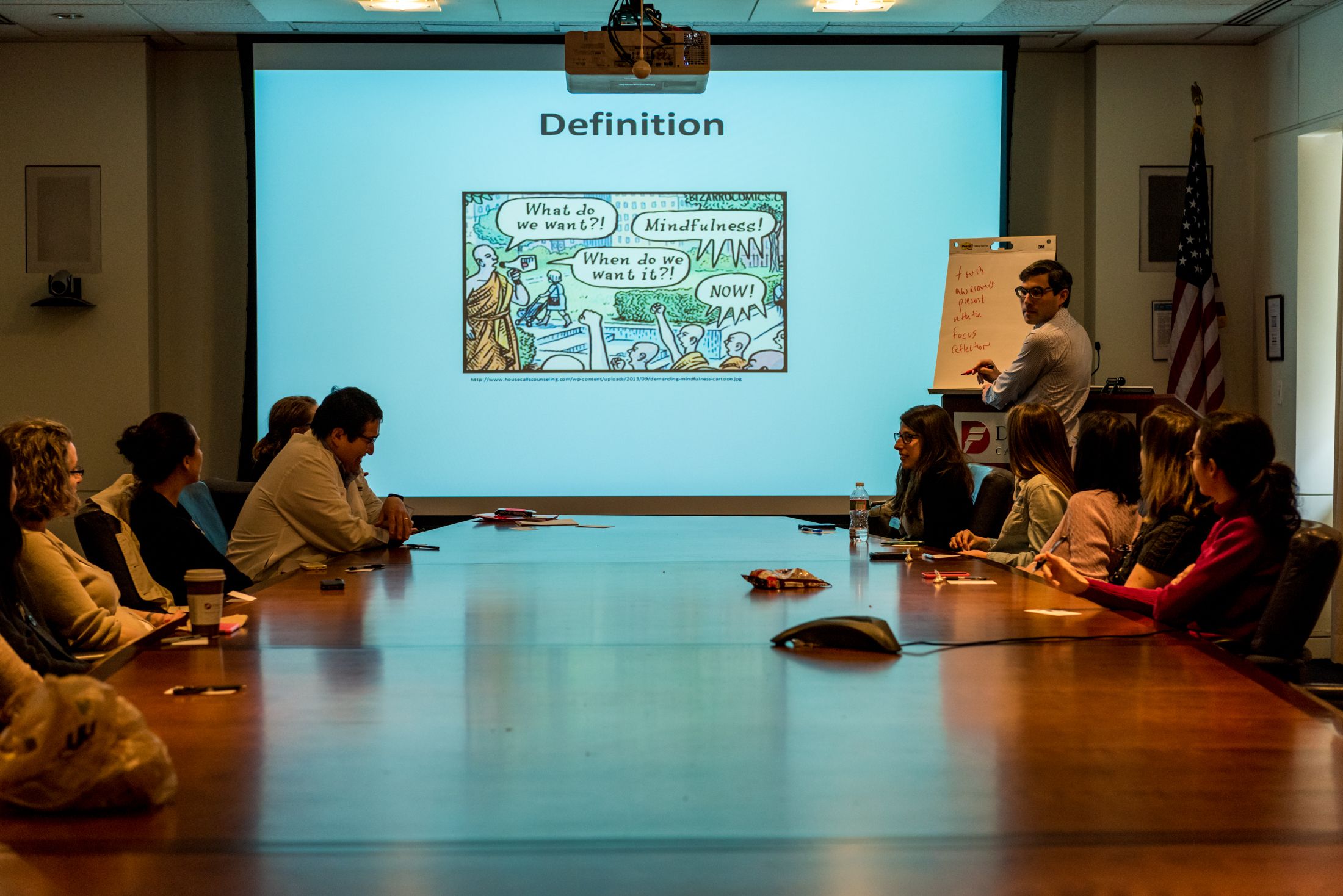
Our goal is for fellows to learn to support patients and families in the psychosocial domain. Fellows are provided with a rich network of interprofessional faculty who teach psychosocial skills and offer guidance and mentorship. In addition, fellows will spend two weeks rotating with the psycho-oncology team at the Dana-Farber Cancer Center. During this rotation, fellows will work with attending physicians to learn how to assess patient coping and provide psychosocial support. Fellows will also join the inpatient psycho-oncology team to learn consultative psycho-oncology. Fellows have the opportunity to participate in bereavement groups and adolescent/young adult groups.
This fellowship trains participants in the following Hospice and Palliative Medicine Core Competencies:
- Manages physical symptoms, psychological issues, social stressors, and spiritual dimensions of care for the patient and family
- Manages neuropsychiatric disorders
- Refers patients and family members to other health care professionals to assess, treat and manage patient and family care issues outside the scope of palliative care practice, and collaborates with them
- Collaborates with other mental health clinicians to meet the needs of patients with major mental health issues
- Describes the etiology, pathophysiology, diagnosis, and management of common neuropsychiatric disorders encountered in palliative care practice, such as depression, delirium, seizures, and brain injury
- Recognizes how to evaluate and treat common neuropsychiatric disorders
- Describes how to refer to neurological and mental health professionals
- Describes the indications, contraindications, pharmacology, appropriate prescribing practice, and side-effects of common psychiatric medications
- Recognizes common psychological stressors and disorders experienced by patients and families facing life-threatening conditions, and describes elements of clinical assessment and management
- Recognizes psychological distress
- Describes concepts of coping styles, psychological defenses, and developmental stages relevant to the evaluation and management of psychological distress
- Describes how to provide basic supportive counseling and to strengthen coping skills
- Demonstrates knowledge of ethics and law that should guide care of patients, including special considerations around these issues in pediatric, adult, and geriatric palliative care, including decision-making capacity
Didactics
Anxiety and depression
Introduction to chaplaincy
Family systems
Personality disorders
Psychological defense mechanisms
Experiential learning
Clinical rotations (inpatient consult service, palliative care unit, outpatient clinic)
Psycho-oncology rotation
Psychiatric supervision
DFCI and MGH team rounds
Psycho-oncology supervision
Professional Development Group
Mentored chaplaincy experience
